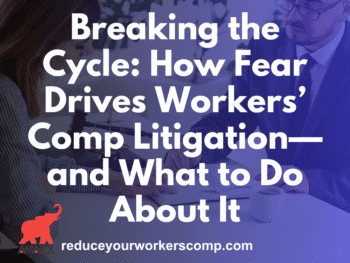Sixteen employees were fired for reportedly violating patient privacy laws a Harris County (Texas) Hospital District hospital spokeswoman confirmed. Most of the fired employees included managers, nurses, clerks who worked at Ben Taub General Hospital.
A county employee, wishing to remain anonymous, told the Houston Chronicle that two high-ranking administrators told him the fired employees looked at the medical records of a doctor, a first-year Baylor medical resident assigned to Ben Taub, who was a patient following a shooting accident.
The county employee claimed he was told at least a dozen Baylor employees not involved in the woman’s care also looked at her records. In released termination records one fired county employee wrote, “I helped a doctor locate a patient/friend and that’s it!”
The district said in a statement, “If the hospital district had reason to believe that a medical school physician violated (patient privacy) policy, it would notify the medical school and allow the school time to investigate and take action.”
Accessing the woman’s records constitutes a violation of the Health Insurance Portability and Accountability Act (HIPAA), the 1996 federal law protecting the privacy of patients’ confidential medical information. The law says that hospitals must apply “appropriate sanctions” against members of its workforce who violate the law’s prohibition on anyone outside of the patient’s medical team looking at the records without consent of the patient or patient’s surrogate.
The law says the type of sanction “would vary depending on factors such as the severity of the violation, whether the violation was intentional or unintentional and whether the violation indicates a pattern or practice of improper use of disclosure.” “It could be that the district wants to draw a hard line against any violations of the law in order to discourage the federal Office of Civil Rights from imposing large civil or criminal financial penalties,” said Stacey Tovino, a professor of health law at Drake University who writes frequently on HIPAA. Tovino noted that many institutions fire employees for that reason. (workersxzcompxzkit)
Still, Tovino said the level of sanction could be considered harsh given HIPAA’s standards requiring institutions to report violations to the federal government. She said the law defines such breaches as those posing “a significant risk of financial, reputational or other harm to the individual.” Tovino questioned whether employees accessing a colleague’s record out of concern about her prognosis would meet that threshold.
“FRAUD PREVENTION” PODCAST LISTEN NOW: http://www.workerscompkit.com/gallagher/mp3
By: Private investigator with 25 years experience.
WC Calculator: http://www.reduceyourworkerscomp.com/calculator.php
Do not use this information without independent verification. All state laws vary. You should consult with your insurance broker about workers’ comp issues.
©2009 Amaxx Risk Solutions, Inc. All rights reserved under International Copyright Law. If you would like permission to reprint this material, contact Info@WorkersCompKit.com















